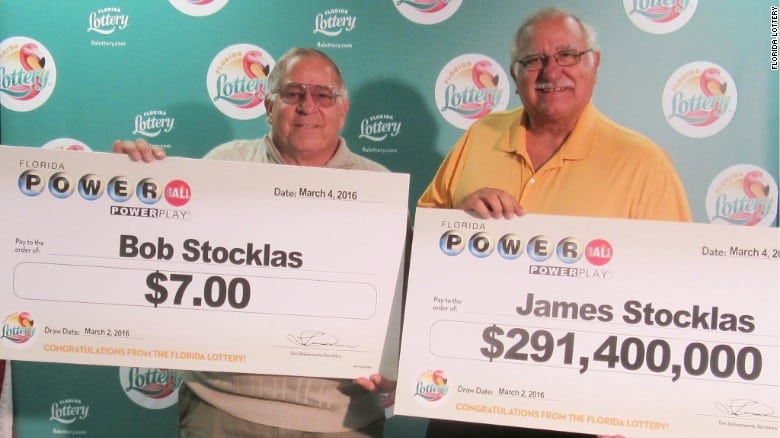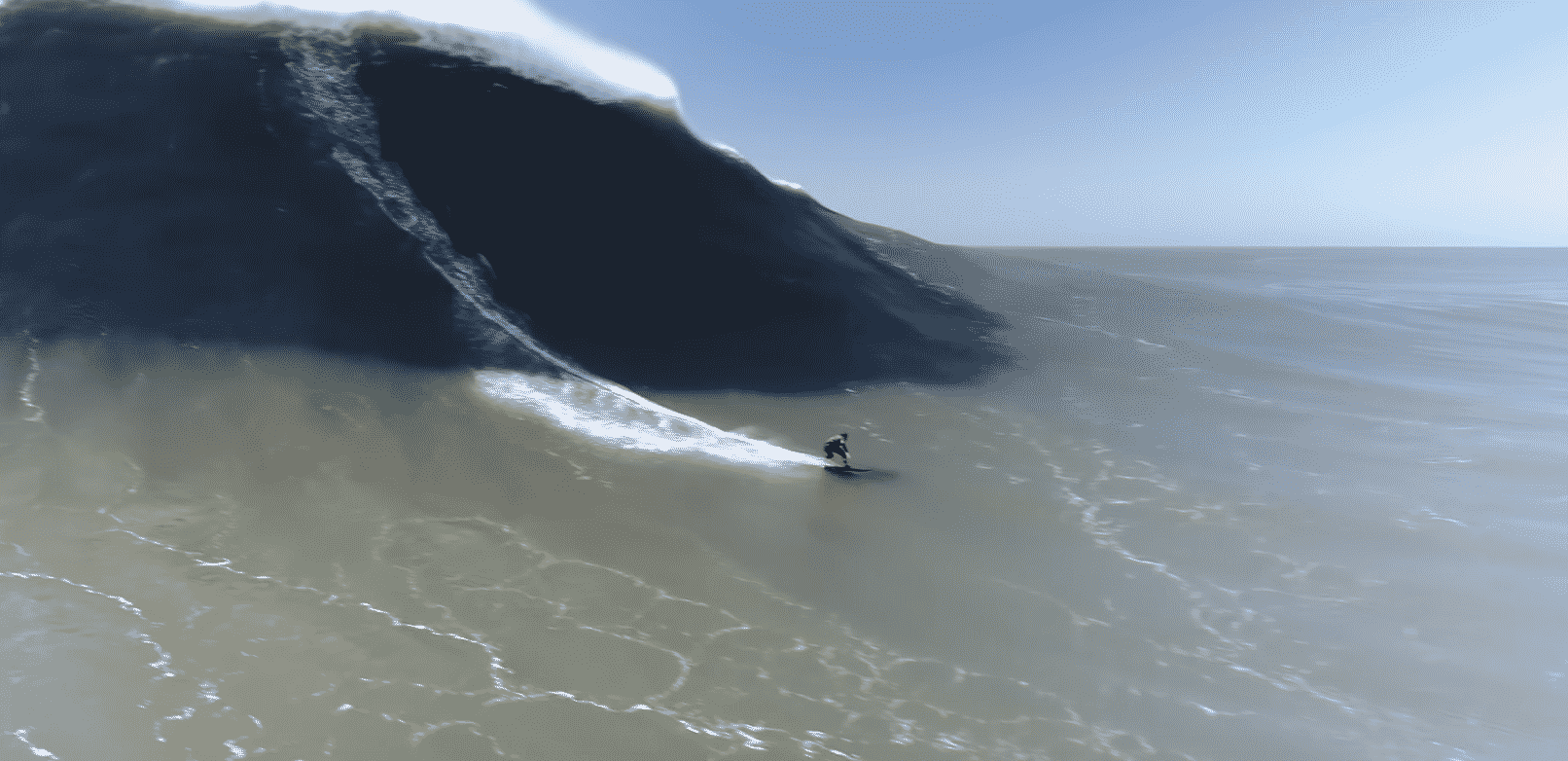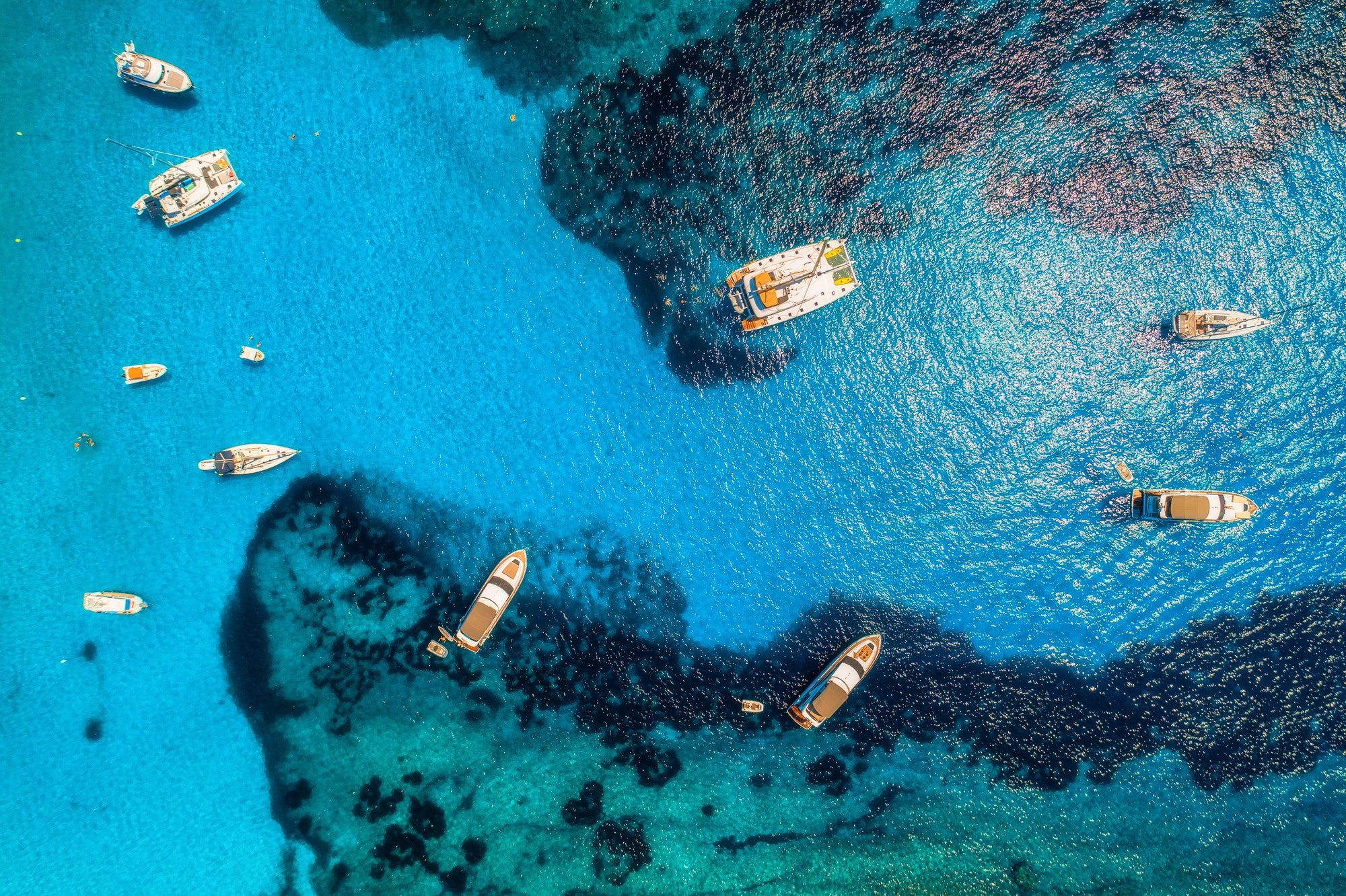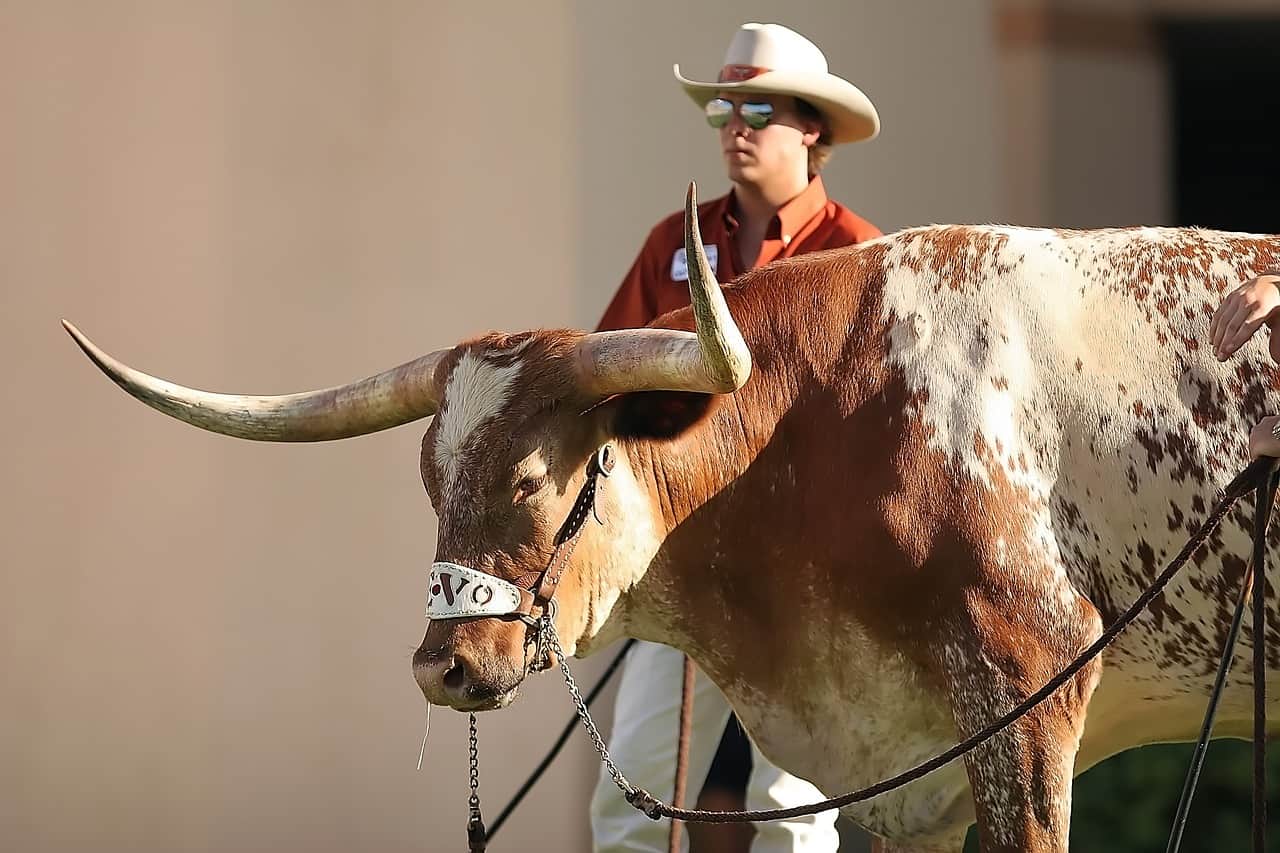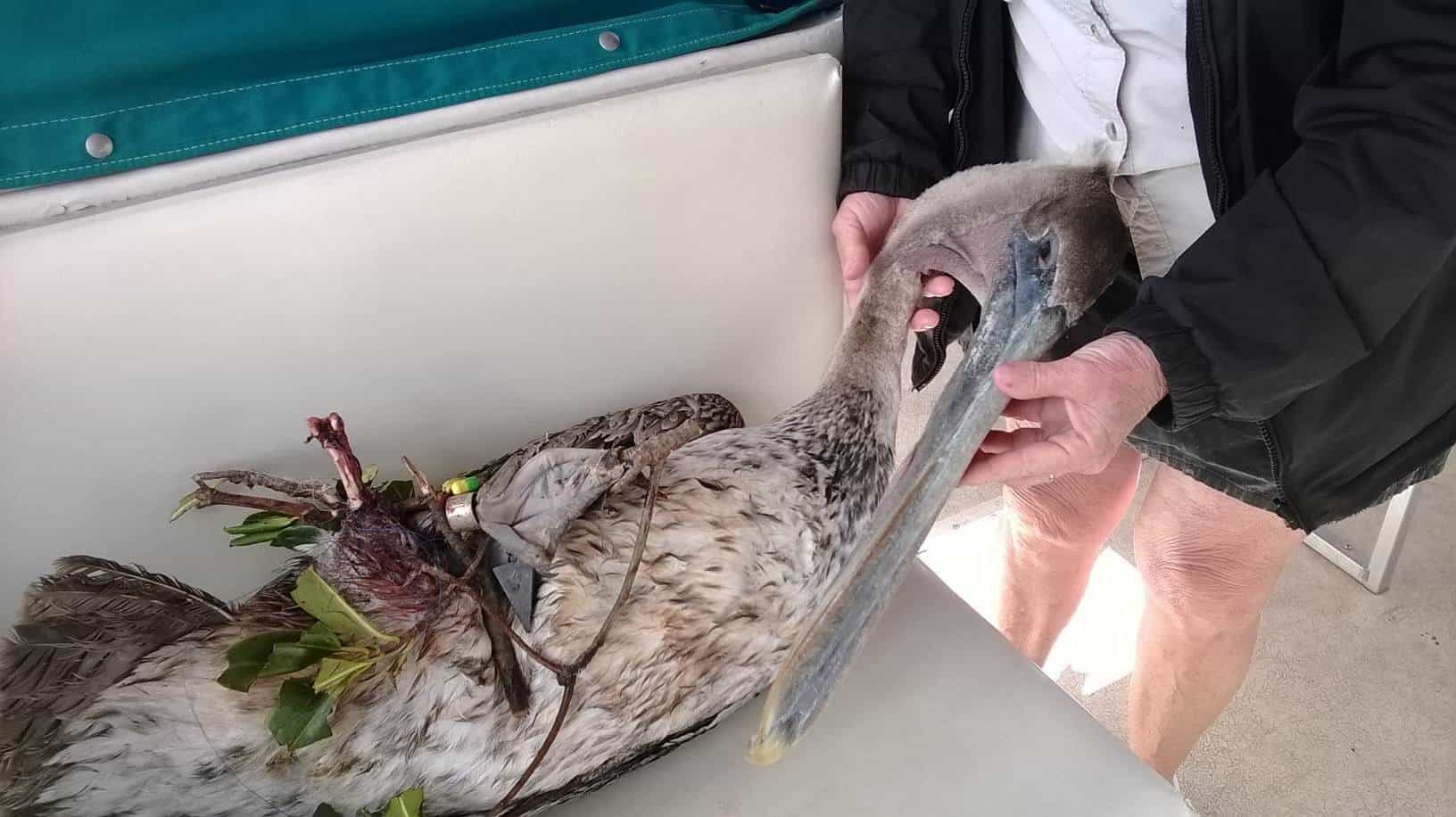
We’ve all been in the situation where we accidentally hook a bird while fishing. We haven’t all been taking care of it in the right way. The Florida Fish and Wildlife Conservation Commission wants to teach you how.
“The first thing to know is don’t cut the line,” said Kevin Oxenrider, a biologist with the FWC. “Birds that fly away with hook and line attached are at risk of getting entangled in trees and dying. And that line is left to possibly snare other wildlife.”
To properly rescue a hooked bird you must: Reel in the bird, remove the hook and release the bird. Check out www.MyFWC.com/unhook for details.

Image: Splash News
The important thing is to not panic and jerk the line or shake the bird loose. This will simply hurt the bird more than it already has been. When the bird is almost reeled in, utilize a net so any fishing equipment isn’t damaged. In this way, you can most effectively free any bird without risk to further injury.
What can you do to prevent bird entanglement?
- Don’t feed pelicans and other waterbirds. This causes them to congregate in areas where they are more likely to get hooked or tangled in fishing line. Feeding pelicans is prohibited by law (F.A.C. 68A-4.001).
- Discard fish carcasses in lidded trash cans. Birds will feed on carcasses tossed in the water, which can lead to injury or death. Fish carcasses often are larger than the bait fish that birds normally feed upon, and the larger bones and spines can puncture the bird’s throat or digestive tract. Birds attracted by fish carcasses may gather in areas where they are more likely to become entangled in fishing line.
- Cast away from birds and shoreline vegetation.
- Collect and store loose monofilament line until it can be discarded properly.
- Keep bait buckets covered.
- Take unused bait home.
- Let other anglers know how to prevent bird entanglement.


